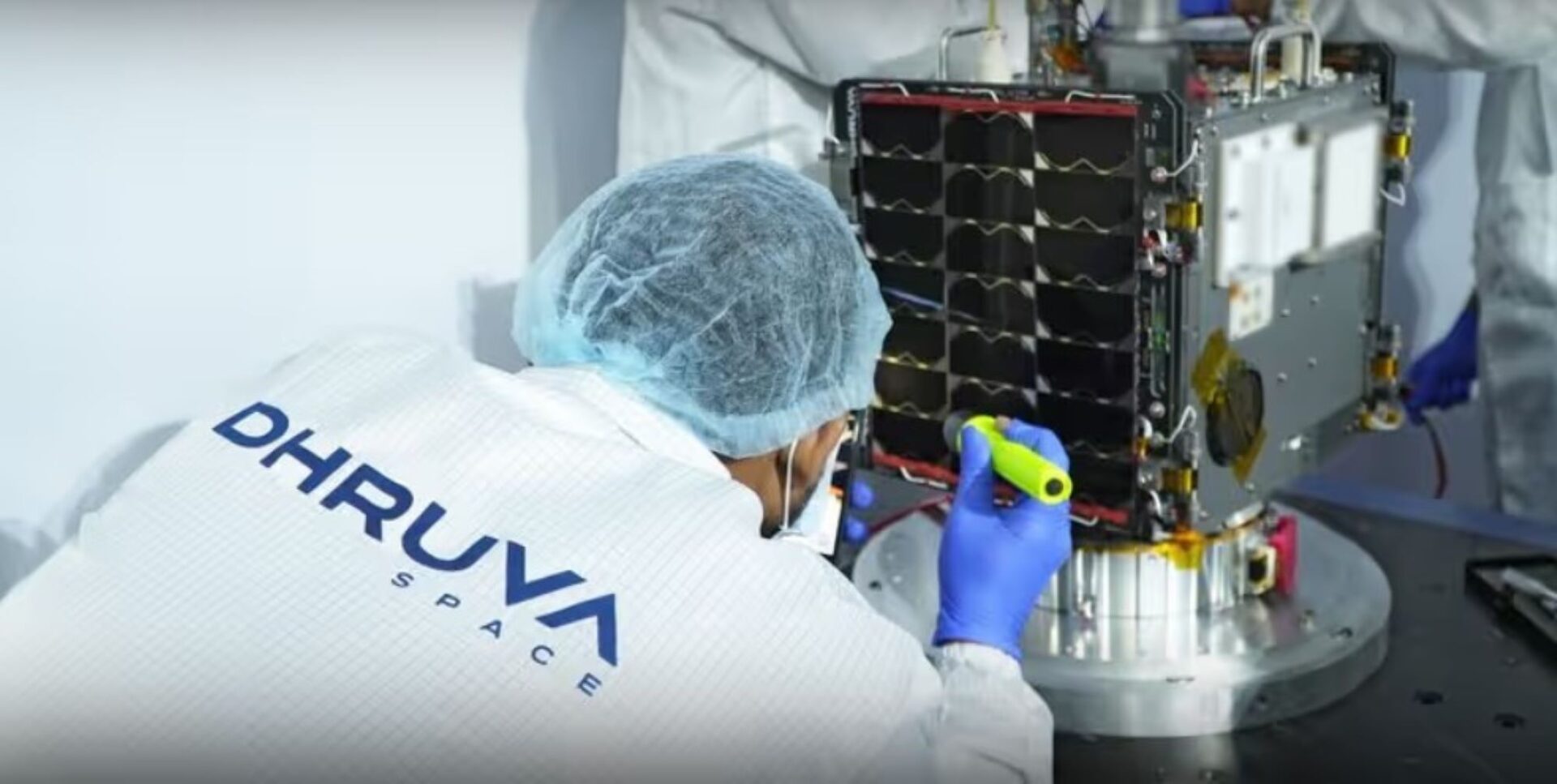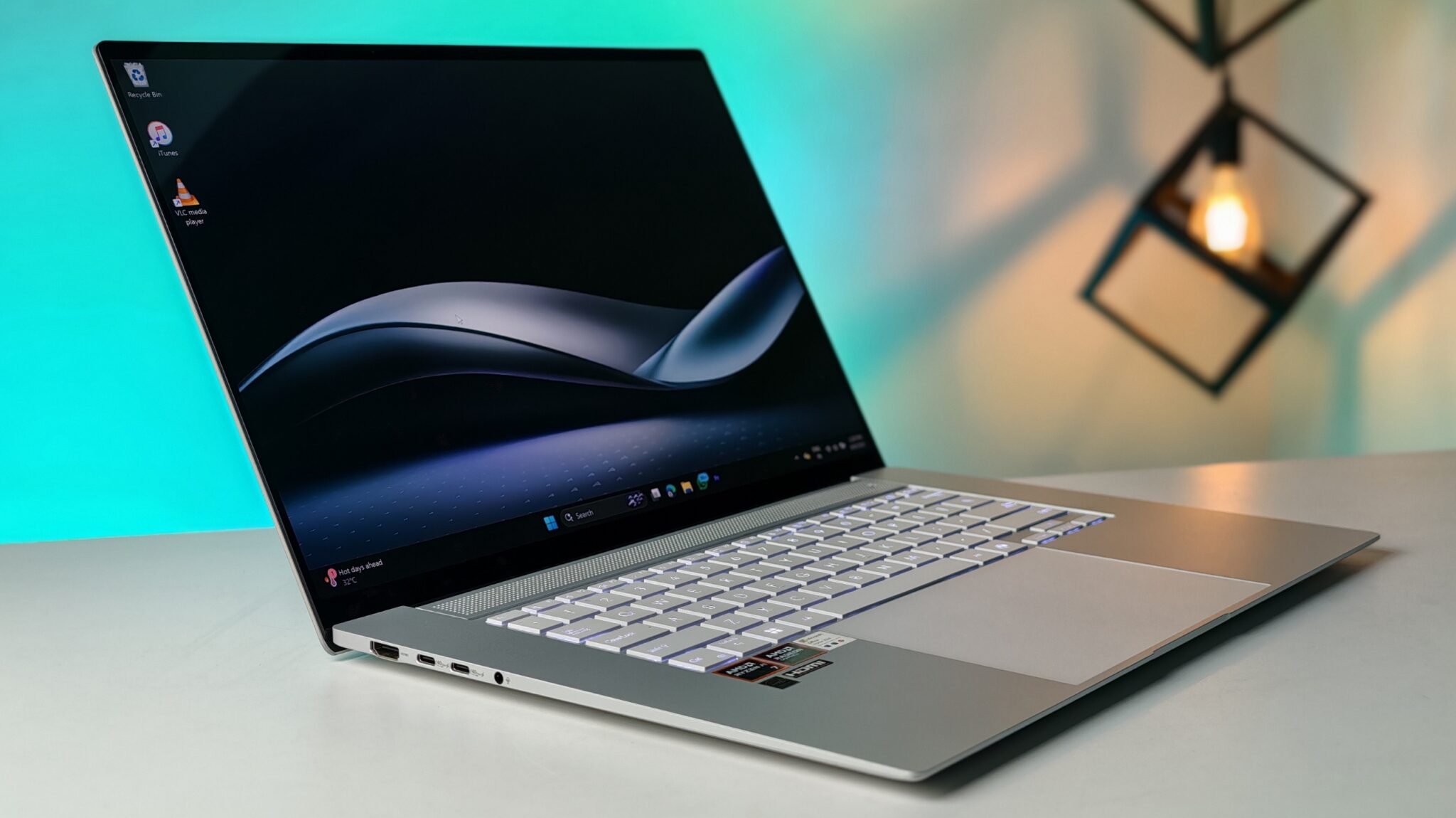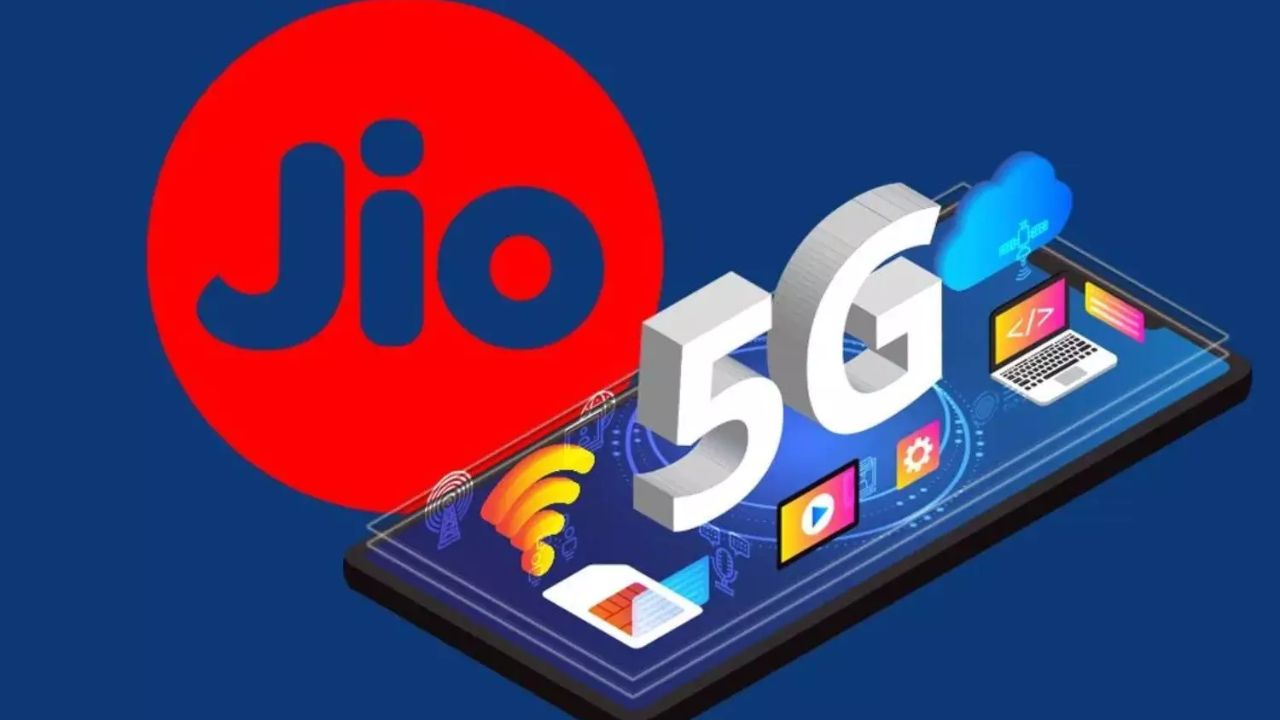Indian space-tech startup Dhruva Space is gearing up to launch its first commercial satellite aboard a SpaceX Falcon 9 rocket. Based in Hyderabad, the company is using SpaceX’s Transporter rideshare mission for this flight, marking the first time it’s deploying a satellite with a foreign launch provider. It’s part of a broader multi-launch agreement between the two companies, and honestly, it feels like a big moment not just for Dhruva but for India’s private space ambitions as a whole.
Key Takeaways
- Dhruva Space will launch its first fully commercial satellite via SpaceX Falcon 9.
- This marks the company’s initial mission with an international launch partner.
- The satellite will ride along on a SpaceX Transporter mission carrying various small satellites.
- Dhruva Space has previously launched three satellites with ISRO’s PSLV.
- The move signals growing readiness among Indian space startups to operate globally.
The satellite onboard this mission is built on Dhruva Space’s proprietary P-30 platform. It’s a fairly versatile setup, meant for Earth observation, communications, and scientific work. By going with SpaceX, Dhruva gains access to a steady and predictable launch schedule. And for commercial satellite operators, especially those planning constellations, timing can make or break the whole operation.
Dhruva Space, founded in 2012 by Sanjay Nekkanti, offers end-to-end space engineering services. That includes satellite design and manufacturing, launch integration, and ground operations. The company isn’t exactly new to space either. It built credibility through its earlier collaborations with the Indian Space Research Organisation (ISRO). In November 2022, Dhruva launched Thybolt-1 and Thybolt-2, both amateur radio communication satellites, on ISRO’s PSLV-C54 mission. Then in January 2024, its LEAP-1 technology demonstrator was tested successfully in orbit as part of PSLV-C58’s POEM-3 platform.
Choosing to work with SpaceX is clearly a strategic call. While ISRO’s PSLV is tried and tested, SpaceX’s rideshare program offers more frequent launches to target orbits that commercial customers often need. In other words, it gives Dhruva a little more agility. That flexibility helps the company serve a broader range of clients and speeds up deployment cycles, an advantage that could set it apart internationally.
This shift is also in line with India’s evolving space policy. New reforms have encouraged private companies to step in, and the formation of IN-SPACe (Indian National Space Promotion and Authorization Center) has played a critical role. It helps firms navigate the regulatory maze and secure approvals, even for overseas launches. In a way, Dhruva’s new mission embodies the promise of the ‘Make in India’ initiative: homegrown technology, globally competitive, and ready to launch from anywhere.
Frequently Asked Questions (FAQs)
Q: What is Dhruva Space?
A: Dhruva Space is an Indian private company headquartered in Hyderabad that builds small satellites and provides related services, such as launch and ground segment solutions.
Q: Why did Dhruva Space choose SpaceX for this launch?
A: Dhruva Space chose SpaceX for its frequent and reliable launch opportunities through the Transporter rideshare program. This allows the company to launch its commercial satellites on a predictable schedule, which is attractive to its customers.
Q: Has Dhruva Space launched satellites before?
A: Yes, Dhruva Space has successfully launched three satellites before this mission. The Thybolt-1 and Thybolt-2 satellites were launched in 2022, and the LEAP-1 technology demonstrator was launched in early 2024, all on ISRO’s PSLV rockets.
Q: What is a SpaceX Transporter mission?
A: A SpaceX Transporter mission is a dedicated rideshare flight using a Falcon 9 rocket. It carries dozens of small satellites from various commercial and government customers into orbit on a single launch, making it a cost-effective option for small satellite operators.
Q: What does this launch mean for India’s space industry?
A: This launch shows that the Indian private space industry is maturing. Companies like Dhruva Space are now not only building satellites but also engaging with global launch providers. It confirms that Indian startups are ready to compete in the international space market.


















